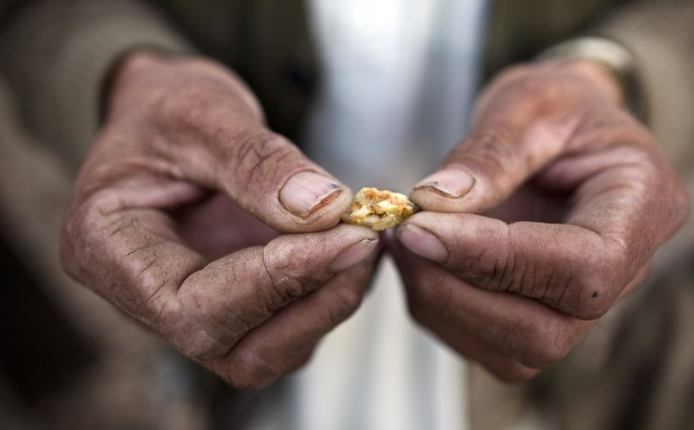CNN
August 19, 2021
-9News.com.au
The swift fall of Afghanistan to
Taliban fighters two decades after the
United States invaded the country has triggered a political and humanitarian crisis.
It’s also causing security experts to wonder: What’s going to happen to the country’s vast untapped mineral wealth?
But in 2010, US military officials and geologists revealed that the country, which lies at the crossroads of Central and South Asia, was sitting on mineral deposits worth nearly US$1 trillion that could dramatically transform its economic prospects.
Supplies of minerals such as iron, copper and gold are scattered across provinces
There are also rare earth minerals and, perhaps most importantly, what could be one of the world’s biggest deposits of lithium — an essential but scarce component in rechargeable batteries and other technologies vital to tackling the climate crisis.
“Afghanistan is certainly one of the regions richest in traditional precious metals, but also the metals [needed] for the emerging economy of the 21st century,” said Rod Schoonover, a scientist and security expert who founded the Ecological Futures Group.
Security challenges, a lack of infrastructure and severe droughts have prevented the extraction of most valuable minerals in the past.
That’s unlikely to change soon under Taliban control.
Still, there’s interest from countries including
China,
Pakistan and
India, which may try to engage despite the chaos.
“It’s a big question mark,” Mr Schoonover said.
Huge potential
Even before President Joe Biden announced that he would withdraw US troops from Afghanistan earlier this year, setting the stage for the return of Taliban control, the country’s economic prospects were dim.
As of 2020, an estimated 90 per cent of Afghans were living below the government-determined poverty level of US$2 per day, according to a report from the US Congressional Research Service published in June.
In its latest country profile, the World Bank said that the economy remains “shaped by fragility and aid dependence.”
“Private sector development and diversification is constrained by insecurity, political instability, weak institutions, inadequate infrastructure, widespread corruption, and a difficult business environment,” it said in March.
Many countries with weak governments suffer from what’s known as the “resource curse,” in which efforts to exploit natural resources fail to provide benefits to local people and the domestic economy.
Even so, revelations about Afghanistan’s mineral wealth, which built on earlier surveys conducted by the Soviet Union, have offered huge promise.
READ MORE AT 9NEWS.COM.AU




